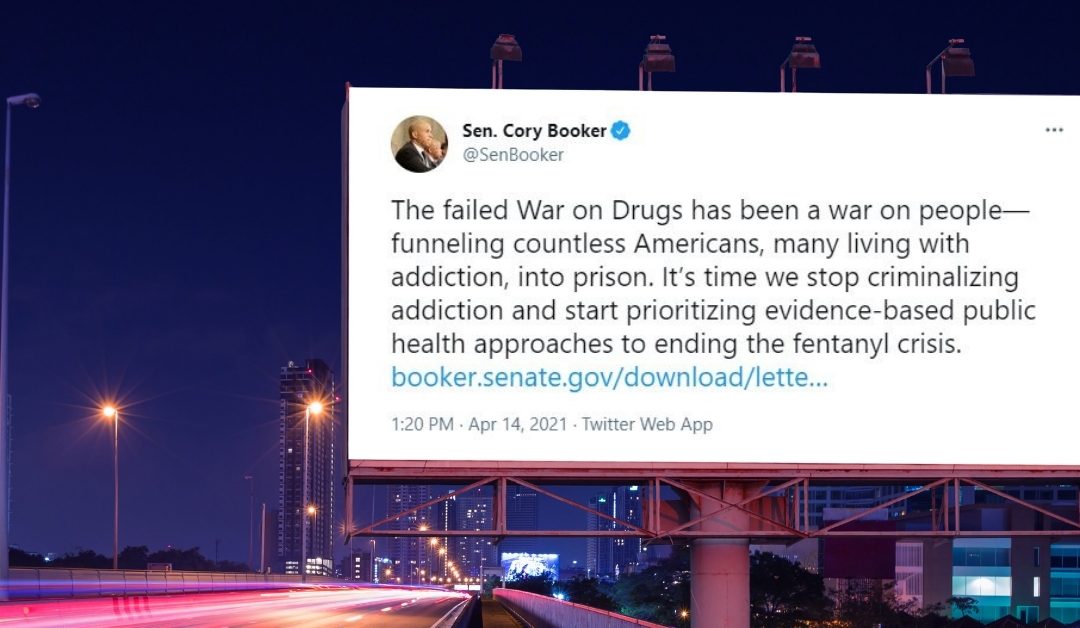Brentwood, TN – On Tuesday, April 13, 2021, Senators Cory Booker, Edward Markey, Mazie Hirono, Elizabeth Warren, and Sheldon Whitehouse signed a letter to United States President Joe Biden urging the Administration to reconsider the misguided class-wide fentanyl analogue scheduling order set by the previous Administration.
“The failed War on Drugs has been a war on people—funneling countless Americans, many living with addiction, into prison. It’s time we stop criminalizing addiction and start prioritizing evidence-based public health approaches to ending the fentanyl crisis,” stated United States Senator Cory Booker in a Tweet released on Wednesday, April 14.
View Letter to President Biden
Referenced in the letter was January 2020 testimony by Dr. Sandra Comer, CPDD Public Policy Officer, strongly recommending that any legislation on scheduling synthetic opioids should involve HHS’s science-based agencies, specifically the National Institute on Drug Abuse and the U.S. Food and Drug Administration. Also included was the Potential Unintended Consequences of Class-Wide Drug Scheduling Based on Chemical Structure: A Cautionary Tale for Fentanyl-Related Compounds paper published in the Drug and Alcohol Dependence journal authored by CPDD members Sandra Comer, PhD, Marco Pravetoni, PhD, Andy Coop, PhD, Michael Baumann, PhD and Christopher Cunningham, PhD.
“The mission of CPDD’s Public Policy outreach is to focus on the scientific interface between CPDD and policymakers while seeking opportunities to maximize our visibility and influence in important policy-related forums,” stated Dr. Comer. “This inclusion of our testimony and research shows the important role CPDD plays in the formation of future policies impacting the field of substance use disorder research. Although the stance of the Biden administration on this issue is not entirely clear, CPDD appreciates the opportunity to lend our voice to such an important topic.”
The College on Problems of Drug Dependence, founded in 1929, is the longest standing organization in the United States addressing the problems of substance use disorders. With more than 1,000 members, the organization serves as an interface among governmental, industrial, and academic communities maintaining liaisons with regulatory and research agencies as well as educational, treatment, and prevention facilities in the substance use disorder field.

